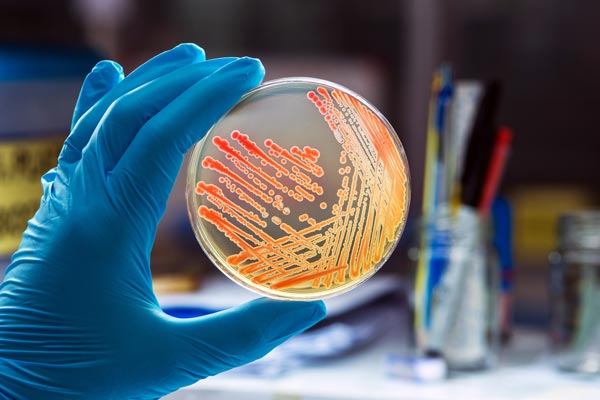The Indian Institute of Technology Delhi has inaugurated a cutting-edge Biosafety Level 3 (BSL3) laboratory, marking a significant milestone in India’s biomedical and clinical diagnostics research. The facility is the first of its kind to be established by a premier educational institution in the country, and is designed to accelerate the development of diagnostic devices and therapeutics targeting class-3 pathogens.
Positioned within the Micromodel Complex under IIT Delhi’s Central Research Facility (CRF), the BSL3 unit will be open to both academic researchers and industry partners on a paid, assisted basis in line with CRF norms. By offering a secure platform for high-risk pathogen studies, the lab aims to bridge gaps between scientists, engineers, and healthcare innovators, fostering multidisciplinary collaboration.
Highlighting its significance, Prof. Arvind Nema, Deputy Director (Operations), IIT Delhi, said:
“This new research and testing facility strengthens our mission to drive innovation in healthcare diagnostics and therapeutics. It will provide opportunities for collaboration with medical institutes across NCR and beyond, helping researchers from diverse fields to work together on breakthrough solutions.”
The facility is expected to be particularly beneficial for startups and MSMEs, who can bring their prototypes and teams into the lab for rapid testing and iteration without the heavy investment required to build such specialised infrastructure.
Explaining the unique advantage, Prof. Sandeep K. Jha, faculty-in-charge of the facility from the Centre for Biomedical Engineering, noted: “Unlike other BSL3 labs in India, this facility allows users to take their medical devices inside and test them directly under the guidance of trained professionals skilled in class-3 pathogen handling. This will enable real-time debugging and fine-tuning of diagnostic platforms—a first in the country.”
Prof. Ashok K. Patel from the Kusuma School of Biological Sciences, who co-led the project, added:
“Previously, developers had to send devices to distant BSL3 or BSL4 labs for validation, which slowed down improvements. With this assisted-entry model, innovations can now be refined much faster and more effectively.”
The launch of the BSL3 facility underscores IIT Delhi’s growing role in shaping India’s healthcare research ecosystem and advancing technologies that can strengthen the country’s preparedness against infectious diseases.
